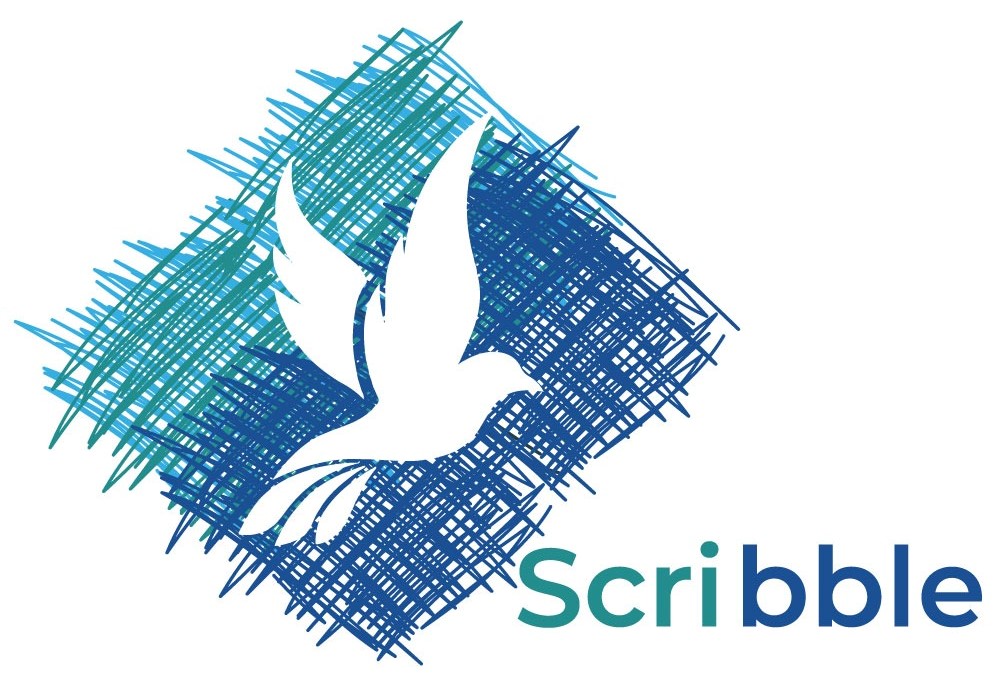The NDIS is a vast organisation supporting people with disabilities across Australia. Hence, navigating this system can be daunting sometimes for individuals with disabilities who are new to it. However, NDIS support coordinators make this journey smooth and hassle-free. It is not wrong to say that exceptional NDIS support coordination is the backbone of the National Disability Insurance Scheme.
Support coordination is instrumental in ensuring NDIS participants achieve their goals and live their best quality of life. Let’s look at the top five benefits of having support coordination.
1. Personalised Care Plans
Effective coordination of support provides care plan that is as unique as the person it is tailored for. It’s an approach that comes from truly knowing the small details of the participant’s life, including their needs and preferences, as well as long-term goals. Coordinators work closely with the participants and their families to understand their needs and develop customised plans for their specific circumstances. This personalised approach is more than just a buzzword – it’s a proven way to deliver more targeted and relevant support, leading to better overall outcomes that make a real difference in the lives of people with disability.
2. Better Resource Management
Having a proficient coordinator at your side sometimes makes all the difference in these generally intricate dealings concerning the NDIS. They will cut through red tape to find resources and ensure you drive maximum benefit from your funding with the NDIS. With their expertise, you can avoid overspending and make good decisions on allocating your resources best; this gives peace of mind and puts the focus where it belongs: your well-being and independence. Thirdly, a good support coordinator will enable you to stay on top of your budget, spot areas in which you can save, and link you up with the best providers in your place to get the support you need hassle-free.
3. Streamlined Service Delivery
Coordinators take care of the administrative tasks, such as managing appointments and communicating with different service providers, freeing participants to focus on what matters – achieving their personal goals. This streamlined approach reduces stress and ensures that participants receive the right services at the right time, maximising the effectiveness of their support plan. By having a single point of contact, participants can also build a stronger relationship with their coordinator, who can provide personalised guidance and support every step of the way.
4. Improved Goal Achievement
One of the key benefits of effective support coordination is the enhanced ability to achieve personal goals. NDIS support coordinators play a vital role in helping participants define their aspirations by breaking down larger objectives into manageable steps. They collaborate closely with participants to set realistic, achievable goals and develop tailored action plans to reach them. By regularly monitoring progress and providing ongoing support, coordinators ensure that participants remain focused and motivated. This proactive approach keeps participants on track and empowers them to make meaningful strides toward their objectives.
5. Enhanced Communication with Service Providers
Support coordination not only facilitates clear and effective communication between participants and service providers but also ensures that services are delivered as intended. Coordinators act as intermediaries, thereby helping to convey the participant’s needs and preferences accurately. Consequently, any issues are addressed promptly, leading to better outcomes. Conclusion
In conclusion, effective NDIS support coordination is one of the cornerstones of participant success. It offers a structured pathway toward achieving personal goals, navigating complex systems, and accessing appropriate services. Coordinators empower individuals to take responsibility for their lives and achieve to the best of their capability. They encourage participants, enhance their communication, and provide relevant support. Whether through improved goal achievement, better service access, or strengthened support networks, the benefits of effective support coordination are profound and far-reaching, making it an invaluable resource for anyone navigating the NDIS landscape.
Read More: What is a Psychosocial Recovery Coach?
